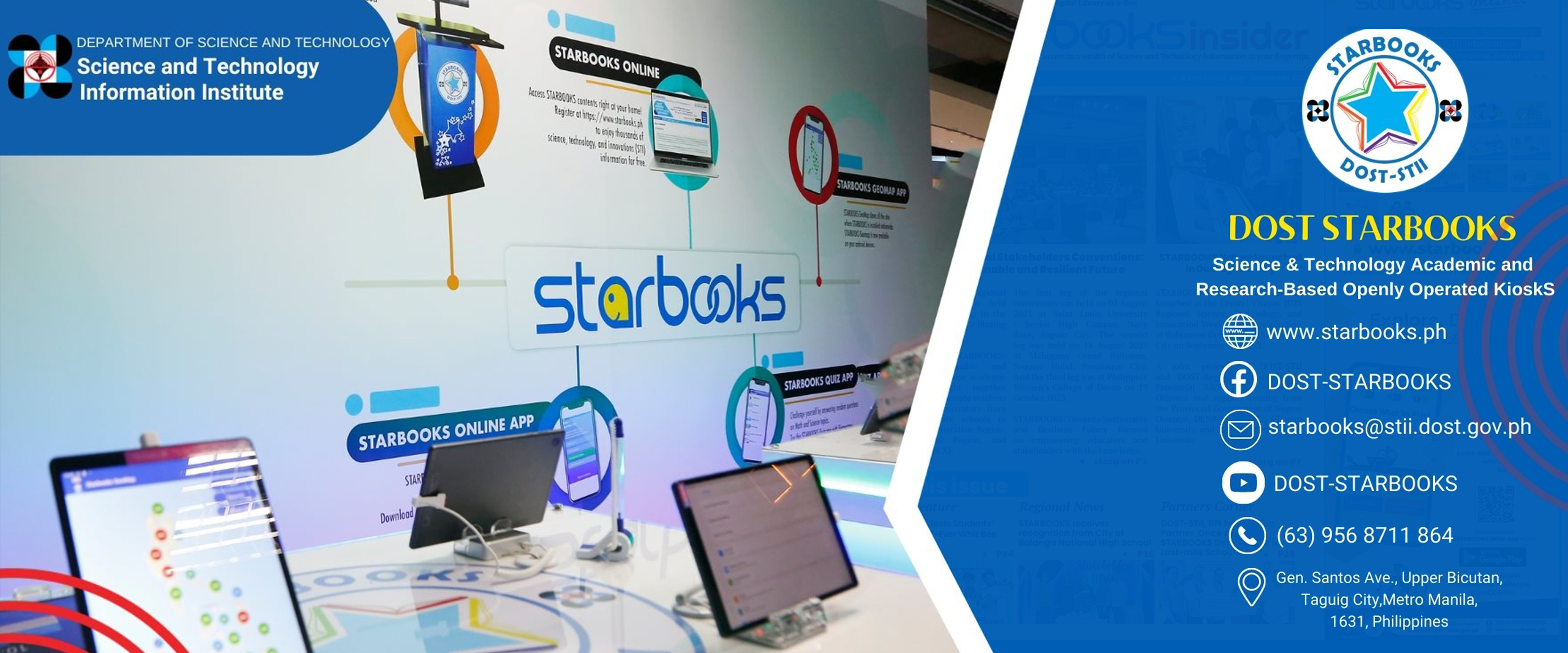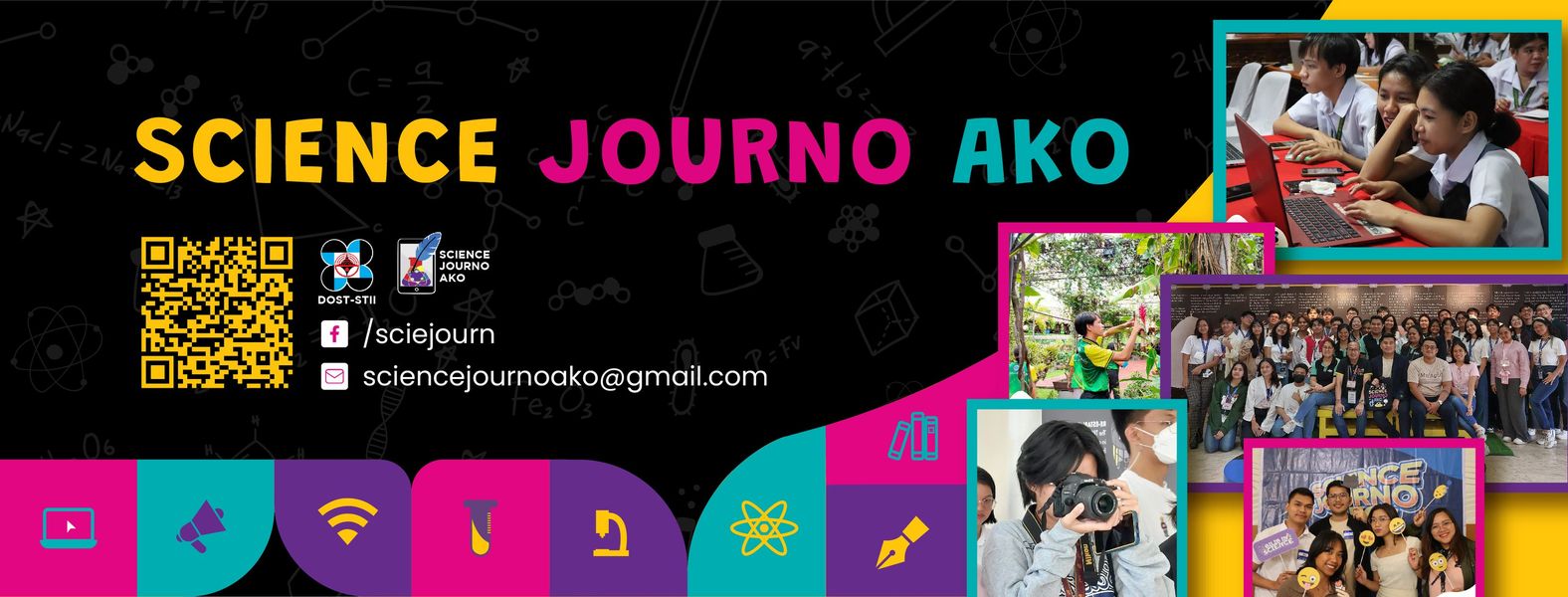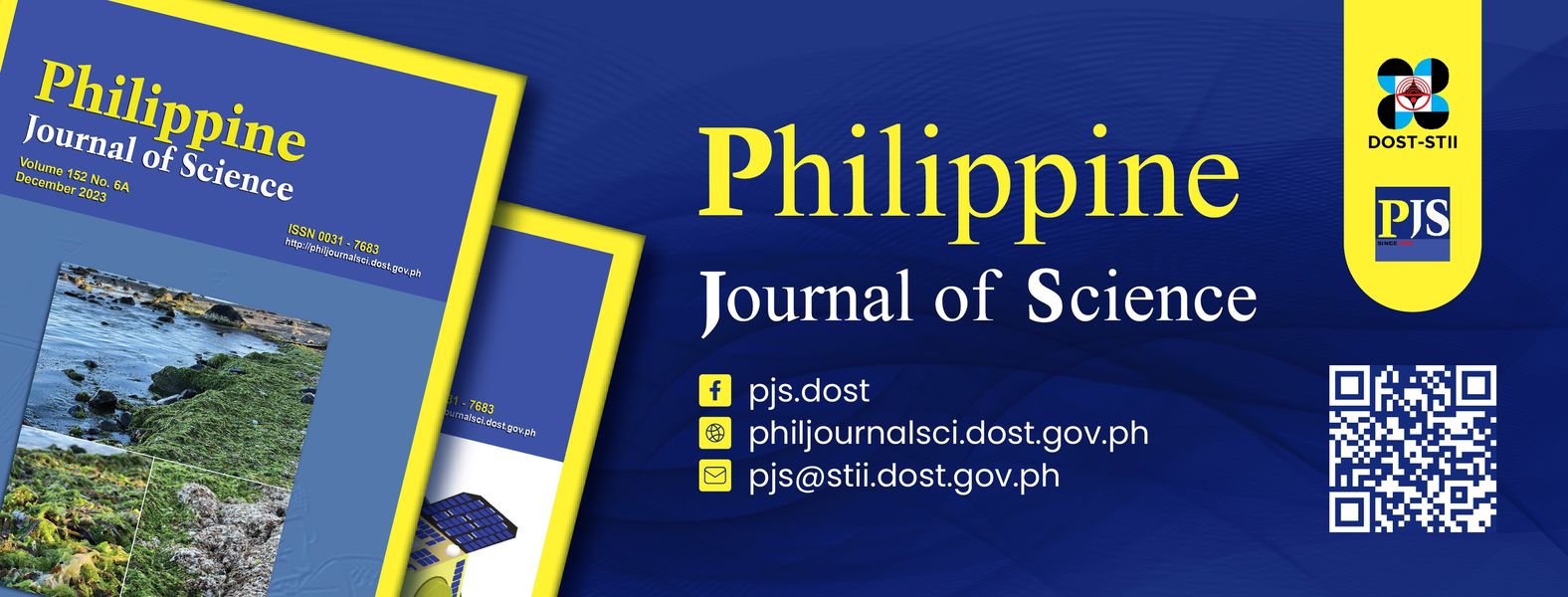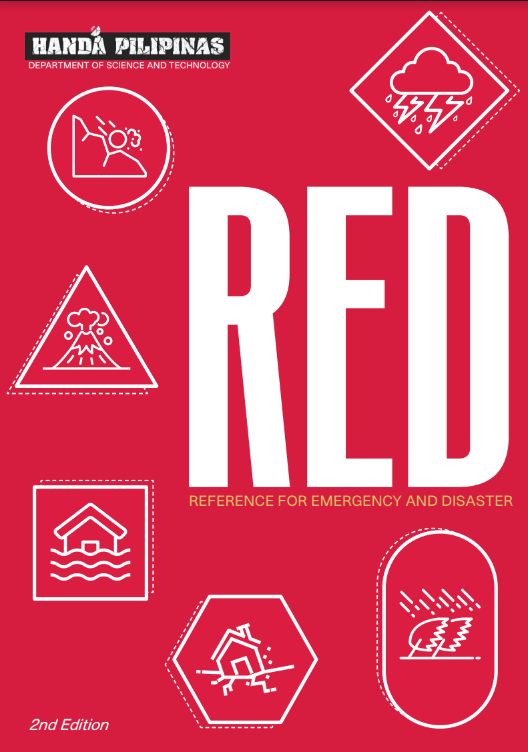Metalworks and allied sectors machinery and electronics will now get the very important push they need to slug it out in the global arena. Through the program called “MakiBayan” or Makina at Teknolohiya para sa Bayan, the Department of Science and Technology (DOST) along with industry giants and the academe will work together to poise the industries into addressing local demand and global competition.
This partnership is formalized through a Memorandum of Understanding signed by DOST Secretary Mario G. Montejo on April 16 in Bella Ibarra, Quezon City with leaders of the metal and electronics sectors, with collaboration coming from a consortium of top-notch engineering schools.
Industry associations involved in the tie-up include the Electronics Industry Association of the Philippines, Inc. (EIAPI), the Metalworking Industry Association of the Philippines (MIAP), and the Philippine Die and Mold Association (PDMA).
The academic consortium, meanwhile, is the Engineering Research and Development for Technology (ERDT) which is currently led by the University of the Philippines Diliman.The ERDT consortium consists of eight engineering schools from Ateneo de Manila University, Central Luzon State University, De La Salle University, Mapua Institute of Technology, Mindanao State University-Iligan, UP Diliman, UP Los Baños, and University of San Carlos.
The MakiBayan program unites the government, the private sector, and the academe to advance a more enabling environment for the metalworks, machinery and electronics industries by the sharing of technology, expertise, skills, manpower and facilities among the partners.
Through a collaborative research and development (R&D) roadmap, MakiBayan serves as an avenue for the government-private-academe triumvirate to frame all its plans, projects, and milestones from 2012 to year 2016. This is expected to propel the metalworks, machinery and electronics industries toward newer heights of competitiveness both in the local and global markets.
“The country should have a strong, vibrant metalworking and electronic sector for it industrialize and modernize,” said DOST Secretary Montejo.
Transportation, robotics, and machine building for manufacturing processes, disaster mitigation, and food processing for small and big enterprises are the identified beneficiaries of the program. Once realized, MakiBayan will result in earnings and wealth for Filipinos through jobs generated, efficient production, and quality outputs.
“I thank the DOST, through the leadership of Secretary Montejo, for the MakiBayan Program. It has always been our aspiration to upgrade the status of the tool and die sector of the country. Now we can work together to bring this objective into reality,” said PDMA President Luis Antonio T. Fuster.
Also during the MakiBayan launch, PDMA proposed the establishment of the Die and Mold Solution Center that shall serve as a common service facility to accommodate small and medium enterprises who cannot afford to purchase costly pieces of equipment. Its ultimate goal is to increase the country’s production of die and mold and reduce dependence on their importation.
MIAP, who specializes in metalworking, or transformation of the shape and properties of metals to produce tools and components, also thanked the DOST for the opportunity of taking part in the commercialization of mature R & D projects.
“We at MIAP are privileged to be part of this event in crafting the roadmap of the metalworking sector. As a gesture of gratitude we are taking a bold stance by accepting the challenge as one of the government partners in working towards improving productivity in the metal sector,” said Virgilio F. Lanzuela, MIAP president.
Meanwhile, Dr. Aura C. Matias, ERDT Program Leader, stated that the lack of researchers, scientists and engineers to conduct R&D can be a big reason for the slow growth of the country. UNESCO put the benchmark for a developing country at 360 researchers, scientists and engineers per year in order to . According to her, the country produced 125 researchers, scientists and engineers in 2005, and only five after two years, with a total of 130 in 2007. In addition, Philippine neighbors like Vietnam, Thailand and Singapore produce six, 25 and 200 Master graduates, respectively, for one produced in the country.
With regard to the MakiBayan, Dr. Matias said, “The ERDT consortium is an investment to make the Philippines globally competitive by addressing R&D manpower needs.”
“Through this partnership, the industry can tell us what expertise they need, and we will supply them with what they need,” she added.
Written by: George Valencia III
Friday, 20 April 2012 05:52
















 21 in 2021 Technology Catalogue
21 in 2021 Technology Catalogue 21 in 2021 Technology Catalogue
21 in 2021 Technology Catalogue DOST Innovations - Web and Mobile Applications for Disaster Risk Reduction and Management
DOST Innovations - Web and Mobile Applications for Disaster Risk Reduction and Management